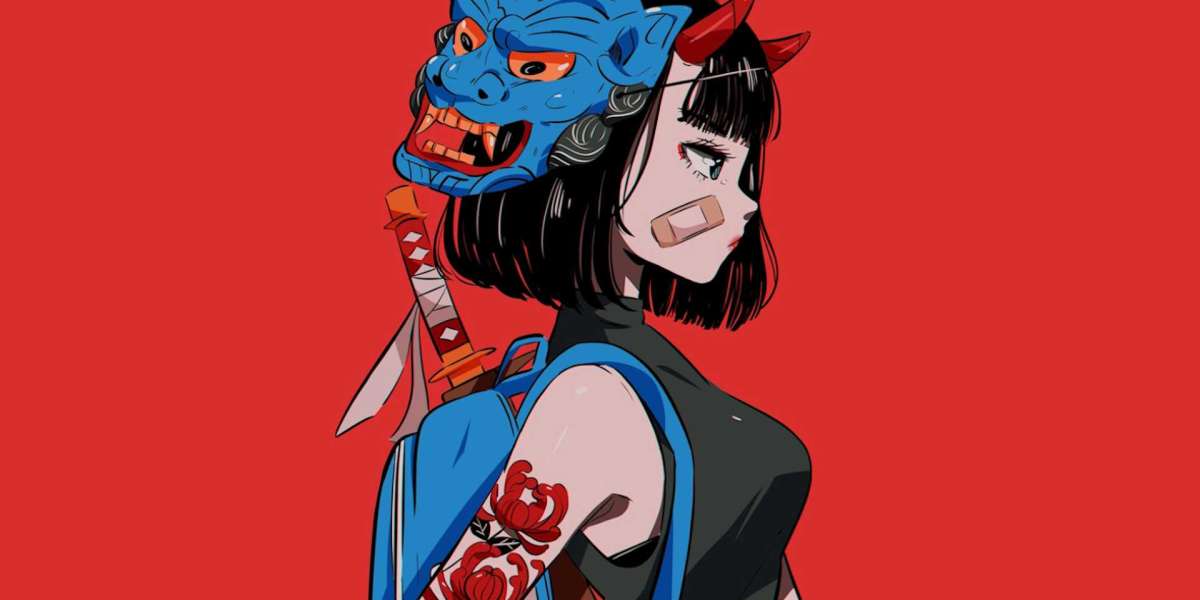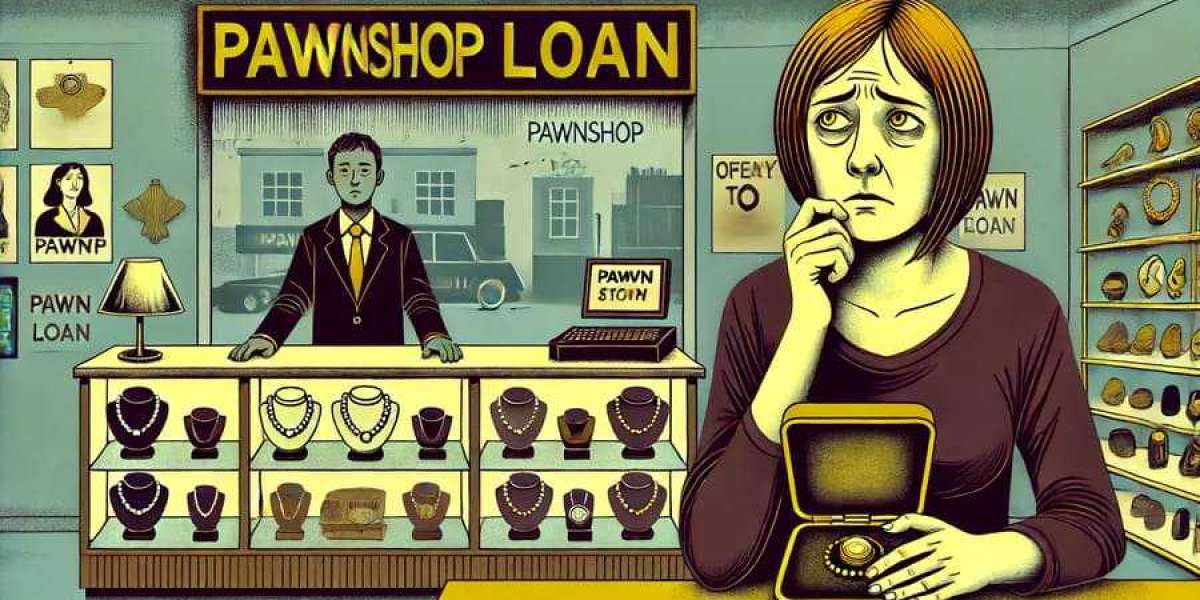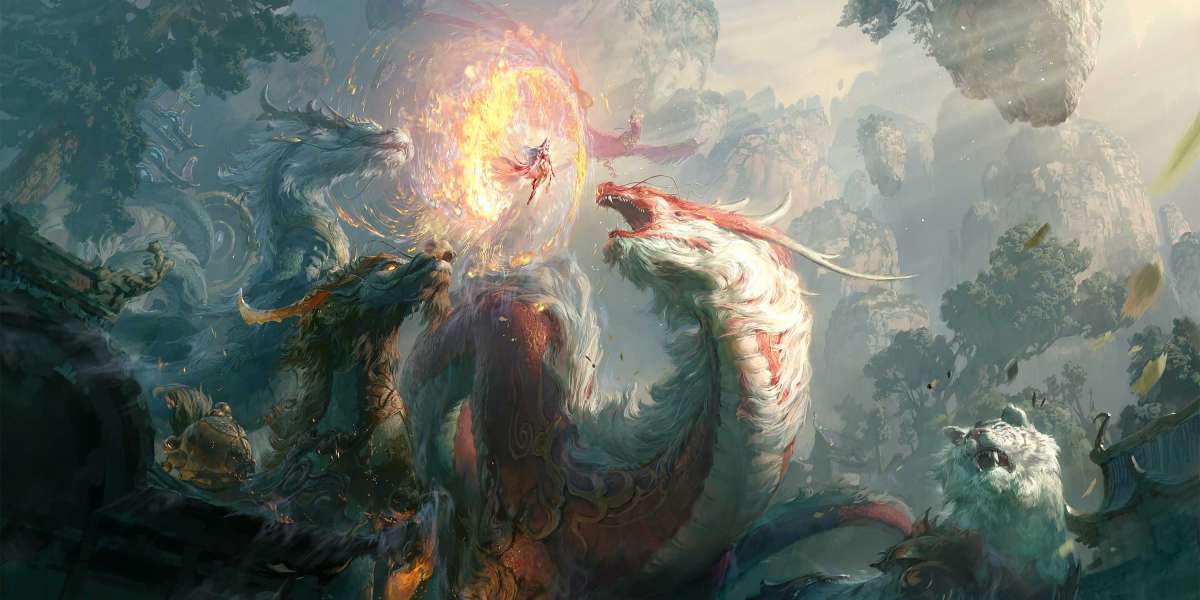In the summer of 1965, China was on the brink of a revolution, unlike any it had ever seen before. Mao Zedong, the Chairman of the Communist Party of China, launched a campaign that would soon engulf the entire nation in a violent, ideological storm – the Cultural Revolution. Mao believed that the Communist Party had become too bourgeois and that China needed to be purged of all capitalist and traditionalist influences. This radical movement aimed to create a new socialist society by empowering young people and encouraging them to challenge authority and question all aspects of the Chinese culture and government.
On June 4, 1965, at Peking University in Beijing, a pivotal event marked the beginning of a movement that would change the course of China's history. Nie Yuanzi, a philosophy professor at the university, posted a big character poster on the campus bulletin board, criticizing the university's leadership and calling for the students to rise up against the so-called capitalist roaders within the Party. The poster method, known as dazibao, had become a popular form of expression during this time.
Inspired by Nie's audacity and fervor, students started to gather and engage in spirited discussions about revolution and the need for change. They were soon joined by more students from neighboring universities. The idea of criticizing and rebelling against older generations and those in authority quickly spread like wildfire. This event marked a significant shift in the Cultural Revolution as it witnessed the rise of the Red Guards – radical student groups who would become the zealous foot soldiers of Mao's revolution.
The Cultural Revolution rapidly gained momentum, with millions of young Red Guards taking to the streets, waving their little red books of Mao's quotations, vandalizing symbols of authority, and denouncing individuals deemed counter-revolutionary. Violence and chaos ensued as factions within the party clashed, and the very fabric of Chinese society was torn apart.
This event in June 1965 was merely the spark that ignited the fire of the Cultural Revolution. It exposed the deep discontent and divisive factions within the Chinese society, as well as the immense power that Mao held over the nation. Over the next decade, the Cultural Revolution would unleash a wave of political purges, ideological indoctrination, and mass mobilization that left an indelible mark on China's history, enriching some and traumatizing many others. It remains a highly controversial period, embodying both the aspirations for change and the immense human suffering.
As an assistant, I can provide more specific information or delve further into any aspect of the Cultural Revolution if desired.








